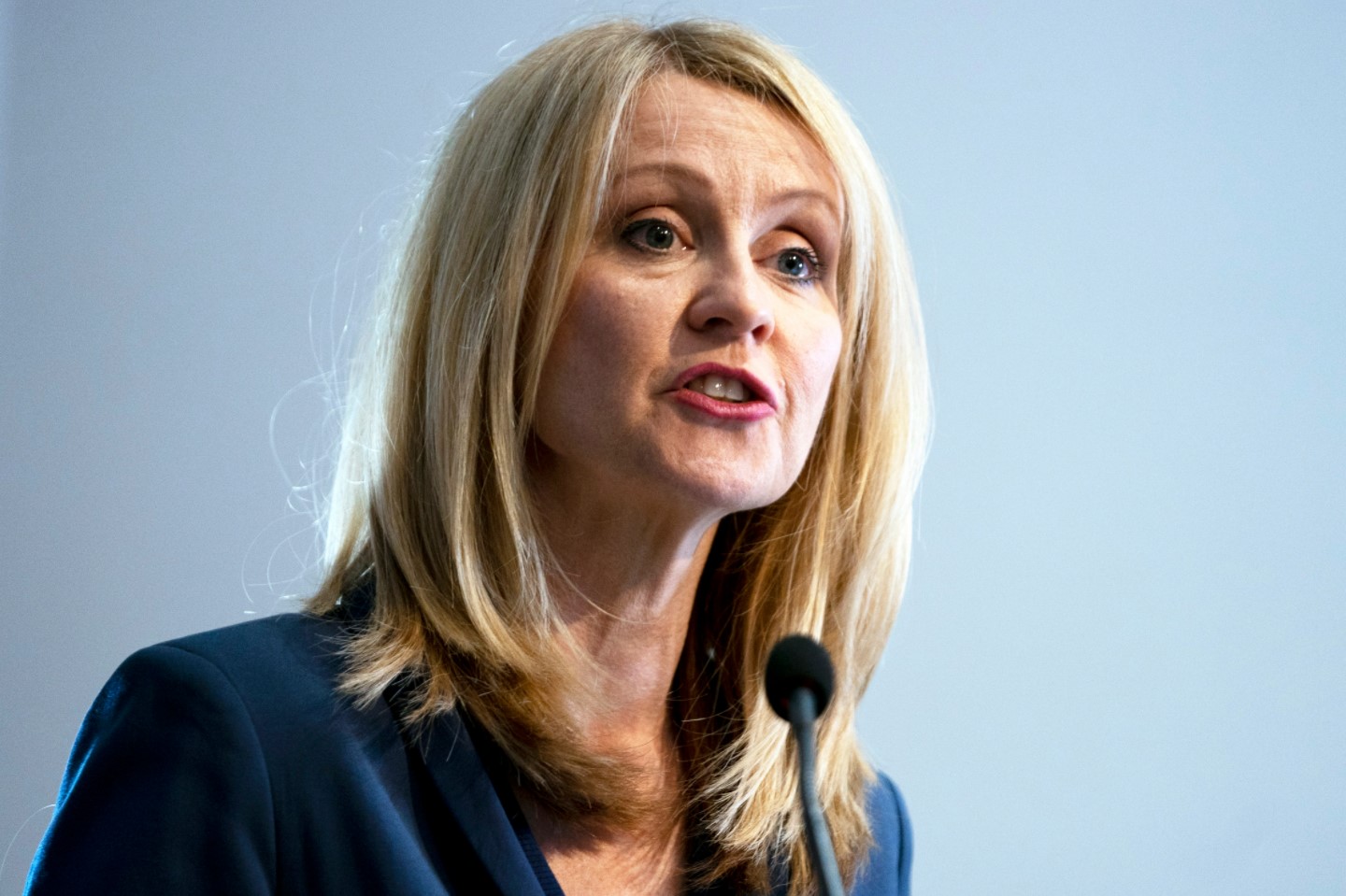It makes “little sense” to impose any kind of vaccine certification scheme, an expert panel of scientists has told a cross-party group of MPs, since Government data indicates that “vaccinated people over 30 years are now more likely to be infected than the unvaccinated”.
The comments were made at a hearing for an enquiry into Covid passes set up by the Pandemic Response and Recovery All Party Parliamentary Group (APPG). The group, established in the autumn to scrutinise the Government’s response to the pandemic, will gather information from doctors, public health officials, business owners and parliamentary colleagues before setting out its conclusion to Government ministers.
Co-chaired by Conservative MP Esther McVey and Labour MP Graham Stringer, the APPG says it will examine the pros and cons of such a scheme and the rationale behind it, as well as global evidence of whether they work.
Esther McVey said:
We need to understand the role these passports would play and hear from Government ministers who support a potential scheme, businesses that would be affected, together with expert opinions of scientists and health experts. We need to look at how the scheme is working in Scotland and fully understand the implications introducing Covid passports could have.
Coupled with that we need a full cost analysis and scientific evidence if we are to impose such a measure on people. We also need to explore the possibility that the introduction of passports could exclude some sections of society, when its supposed intention is to support the entire U.K. population. Therefore, evidence sessions such as these are so important, it allows us to get a full picture before we make a decision and put our case to Government.
Graham Stringer added: “If the Government wishes to infringe on our freedoms, then it must have overwhelming evidence to do so. As yet that evidence does not exist and has not been produced and it should not be allowed to proceed without it.”
The APPG heard evidence from former Director of the Communicable Disease Surveillance Centre (Wales) Dr Roland Salmon, Professor of Industrial Economics at Nottingham University David Paton, and Dr David Bell, public health physician and former global coordinator of malaria diagnostics for the World Health Organisation (WHO).
All three argued against the passes, which are already in force in Scotland and Wales and reported to be potentially part of Government’s Plan B in England should reported Covid infections keep rising. The scientists argued there was insufficient scientific and clinical evidence to judge the effectiveness of such a scheme, that being vaccinated did not stop transmission, and that the policy would cause significant economic damage and further erode public confidence in public health measures.
Professor David Paton commented:
There is no obvious sign from countries that have already implemented similar certification schemes that there are any benefits in terms of reducing infections. But we know there will be huge costs to the economy; nightclubs in Scotland have reported trade levels dropping by almost half since the introduction of their vaccine passport scheme while leaked documents show that the Government itself estimates the cost of implementing Plan B in England to be between £11 billion and £18 billion.
Covid passes are a heavy-handed and invasive approach to public health. They pose an unacceptable risk to rights and individual liberties and could jeopardise trust in public health measures at a critical time.
Dr Roland Salmon said:
From a public health standpoint, it makes little sense to impose any kind of vaccine certification scheme. If the vaccine is to protect others around you, then it needs to greatly reduce transmission. Studies from Public Health England and Imperial College only show reductions in household transmission of 30-50%; not enough and even then, probably temporary. Thus, a policy of targeting vaccination to those at highest risk, allowing broader post-infection immunity to develop in the wider community to prevent spread is likely to be a much more effective approach.
Dr David Bell added:
It is unclear what vaccine passports will achieve in the U.K. We must recognise that unvaccinated people are unlikely to cause any more risk to others than the vaccinated, and perhaps less. We know that vaccinated people who become infected commonly have similar infectiousness as unvaccinated people, while Public Health England data indicates that vaccinated people over 30 years are now more likely to be infected than the unvaccinated. We also know that unvaccinated people will, in general, suffer more symptoms, so are more likely to abstain from community gatherings when infected, while infected vaccinated people continue to be active, potentially increasing risk to the vulnerable.
The APPG will hear further evidence next month.
Stop Press: Prof David Paton appeared on LBC yesterday to talk to Maajid Nawaz about why vaccine passports are such a terrible idea.












To join in with the discussion please make a donation to The Daily Sceptic.
Profanity and abuse will be removed and may lead to a permanent ban.